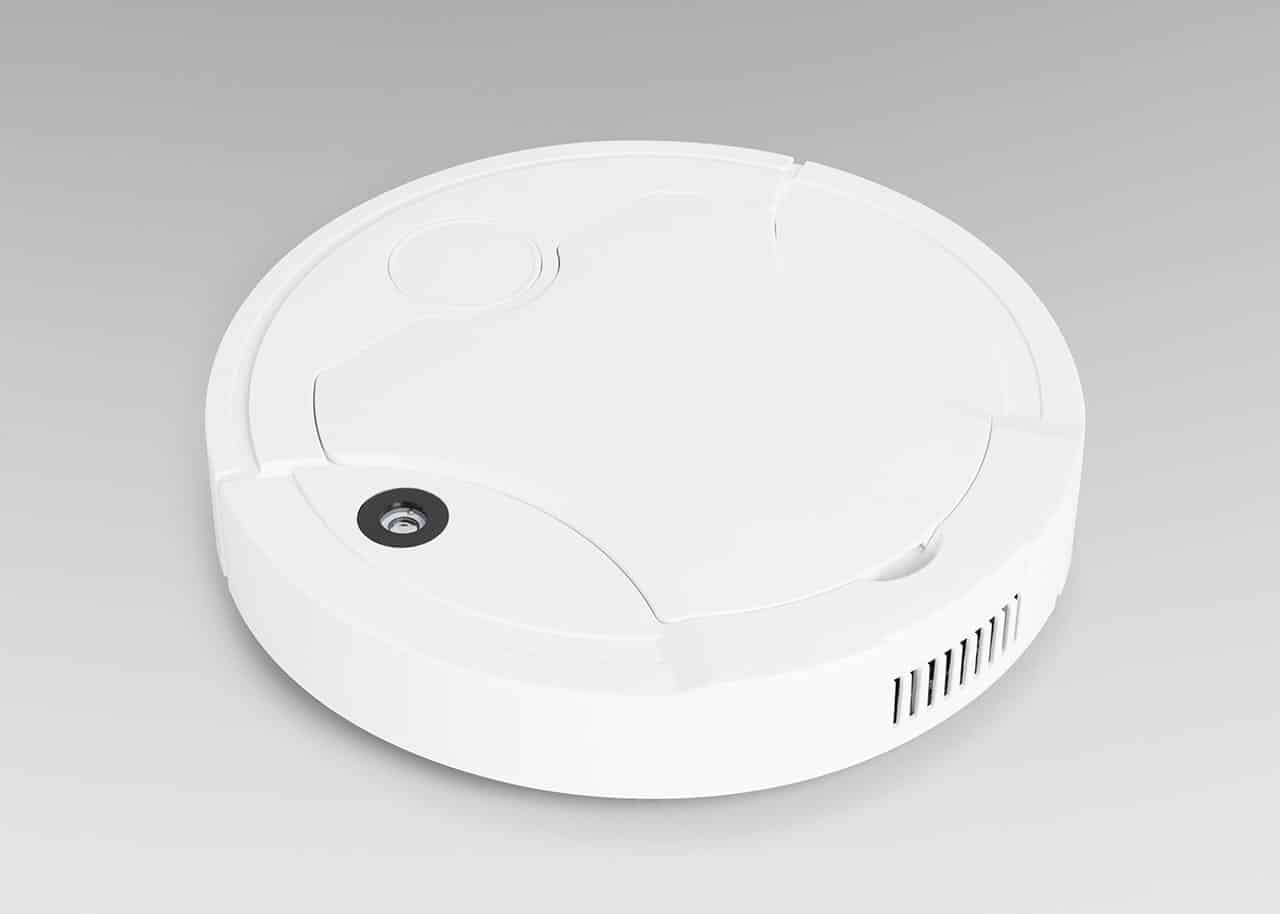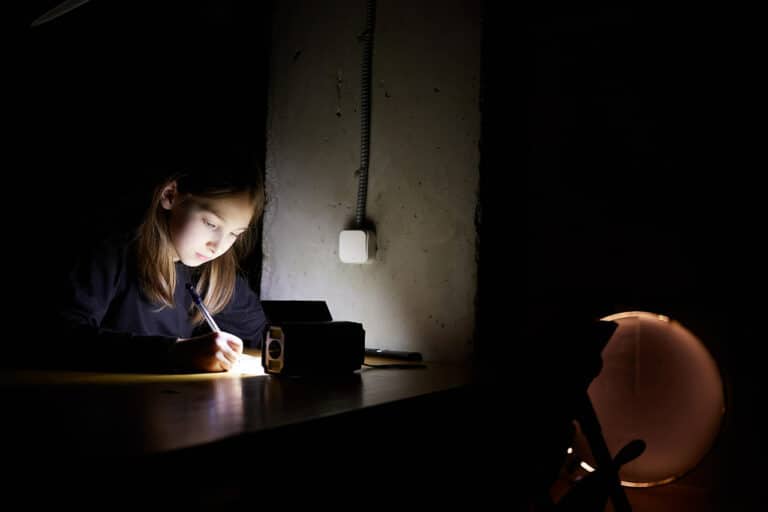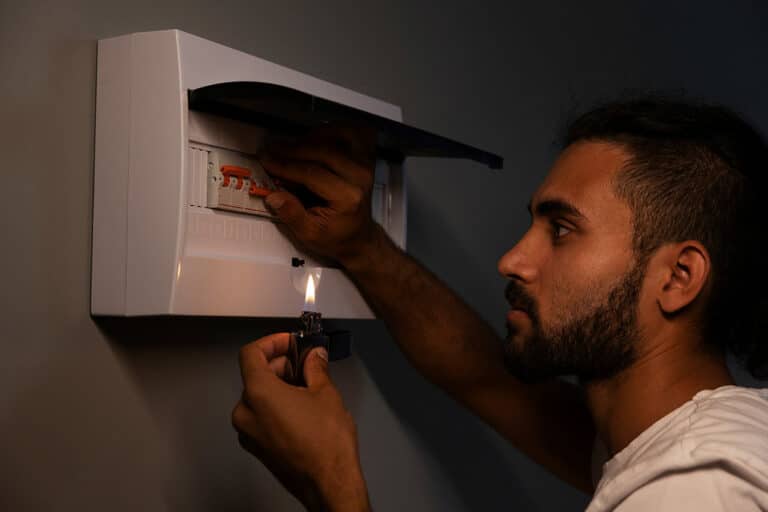Fire Alarms Going Off After Power Outage? Causes and Solutions
If you’ve ever had a power outage in your home, you may also have had the experience of your fire alarms going off right after the power comes back on. This can be an alarming *ahem* experience, but understanding why it happens can help put your mind at ease.
When the power goes out, hardwired smoke alarms switch to their backup batteries to keep them functioning. As power is restored, a sudden surge in electricity can cause the alarms to temporarily chirp or go off. This is usually a signal to let you know the power was off, and the alarm was running on battery during that time.
Aside from power surges, there might be other reasons your fire alarms go off after a power outage. These can include loose electrical connections or issues with the alarm itself. To be safe, it’s important to check any yappy smoke alarm to ensure it’s still working effictively.
Reasons Fire Alarms Go Off After Power Outages
When a fire or smoke alarm goes off after a power outage, there are several possible reasons.
One reason for a false alarm is a loose electrical connection. A loose hot wire or disconnected neutral wire can cause power to be intermittently cut off from the smoke detector, leading to beeping or chirping noises. When the power is restored, the alarm might go off again due to the sudden spike in the electrical current.
Power surges can also be a culprit. A surge may cause a spike in voltage, which can trigger interconnected smoke detectors. To avoid this issue, consider installing surge protectors in your home’s electrical system.
Dust and debris can also cause false alarms after a power outage. When the power comes back on, dust may be circulated through your home’s HVAC system or blown around by various appliances, making its way into the smoke detectors and making them think they are detecting smoke. Cleaning your smoke detectors regularly can help prevent this issue.
Impact of Outages on Smoke Detection Systems
Even though a lot of fire alarms after a power outage are false alarms, power outages really can mess with your smoke detection systems, especially if they’re hardwired. When the electricity goes kaput, those hardwired smoke alarms might stop working because they rely on the building’s electrical system. (Don’t worry, these types of systems almost always have battery backups to keep them functioning during a power outage.)
Some of these electric-powered smoke alarms with battery backups may even make a ruckus as soon as a power outage occurs. This immediate chirping or beeping is meant to let you know that the alarm is running on backup power. Basically, it’s just to keep you in the loop in case a fire should start while the power’s out. The beeping or chirping shouldn’t last long, just a few chirps in a row to alert you to its change in status.
Loose connections can also be a major issue for your smoke detectors after a power outage. If there’s a loose or disconnected neutral wire, a power surge or outage may cause it to suddenly malfunction. If this happens, you might hear them beeping or chirping when the power is restored. That’s because the alarms think there’s some issue going on with their internal systems. Even if the beeping or chirping stops, it’s a good idea to inspect any chirpy smoke alarm after an outage to ensure it’s working properly. Hit that “test” button to check if it’s all good.
Steps to Take When Fire Alarms Go Off
So, you’re fire alarm started going off after a power outage. First things first, don’t panic. Just because the alarm’s going off doesn’t mean there’s an emergency. (It also doesn’t mean that there isn’t.) Here’s what you should do when that alarm starts blaring:
1. Assess whether there’s an actual emergency in your household.
If you can see or smell smoke, or have any other reason to believe there may be a fire, evacuate the building if possible and immediately call 911.
2. Investigate the cause.
If you’re convinced there’s no emergency, do a walkthrough of your house to ensure there’s no sign of fire or fire damage, just to be safe.
3. Open windows and doors in your home to air it out.
Some false alarms are triggered by excess debris or moisture in the air that may occur after power outages.
4. Reset your fire alarm.
This is typically done simply by holding the “reset” button on the alarm until the alarm stops.
If that fails, you may have to remove and reinstall (or replace) the batteries in the alarm. This is true even for wired alarm systems, which may experience a temporary malfunction right after a power outage.
Settling Your Fire Alarm After A Power Outage
Power outages can be an inconvenience, but the unexpected blare of a fire alarm in their aftermath can be genuinely jarring. While it’s essential to always prioritize safety and assume the best intentions of your alarm, understanding the interplay between power outages and alarm behavior can alleviate undue stress. As with all things related to safety, regular maintenance and checks of your smoke detection system, especially post-outage, are vital. By keeping informed and prepared, you can ensure that you respond accurately and efficiently to your alarms, ensuring the safety and well-being of everyone in your home.







